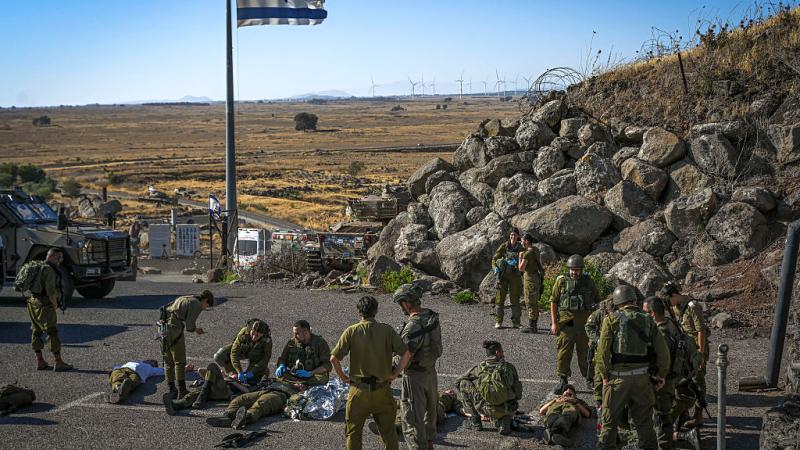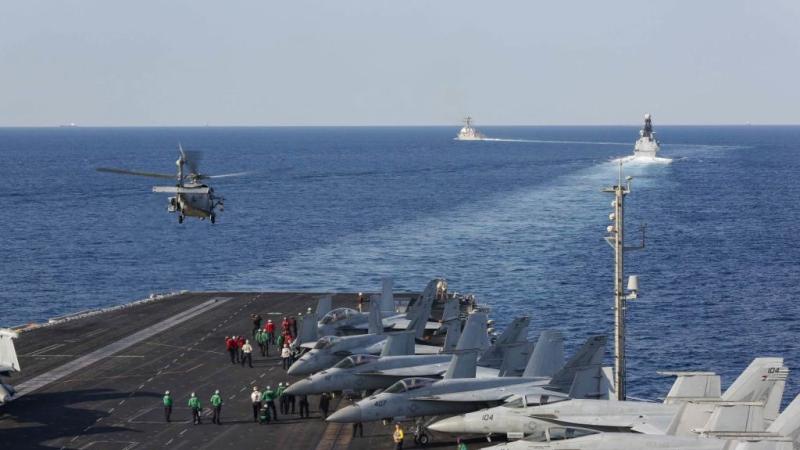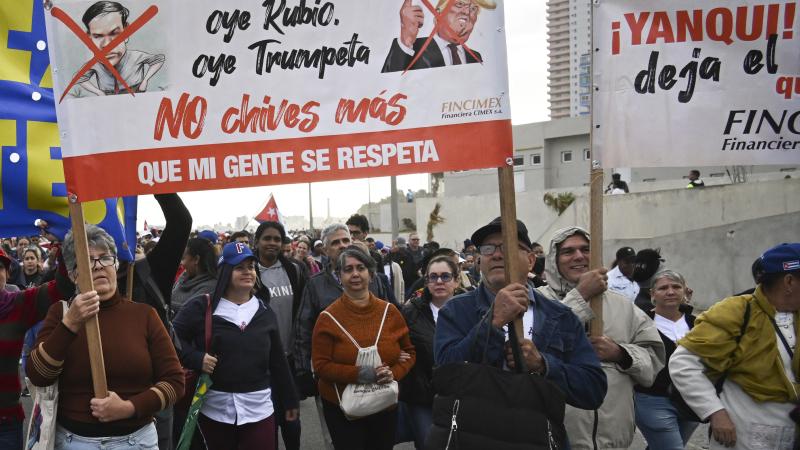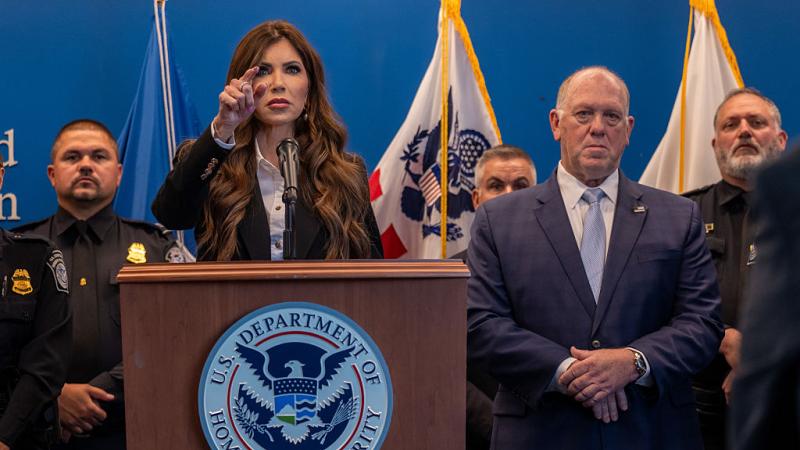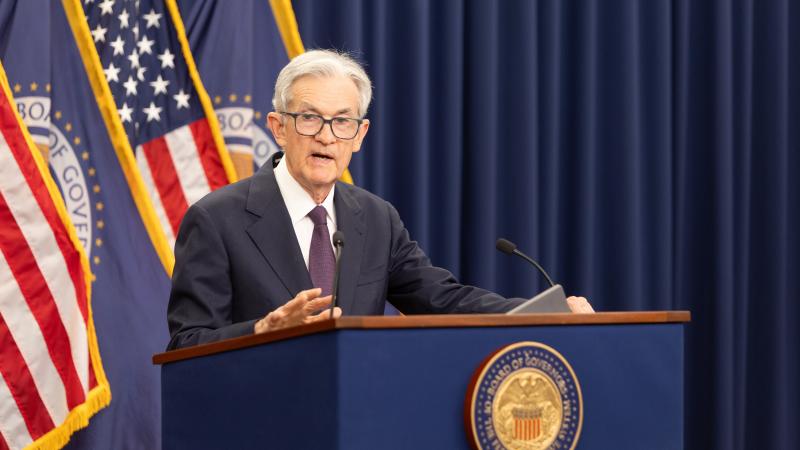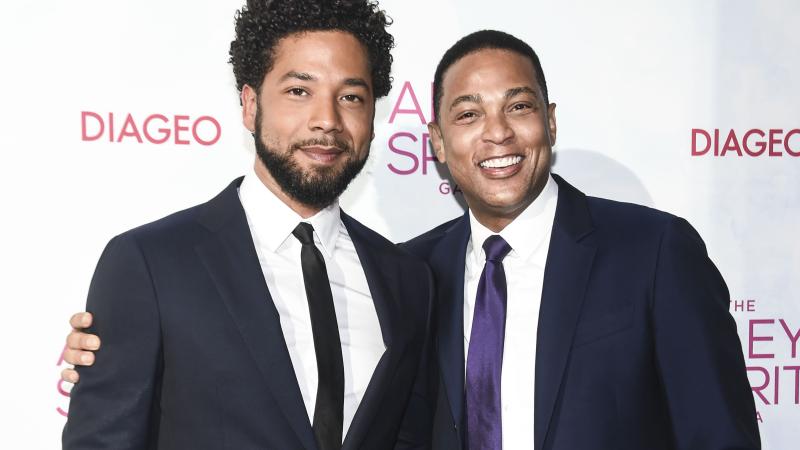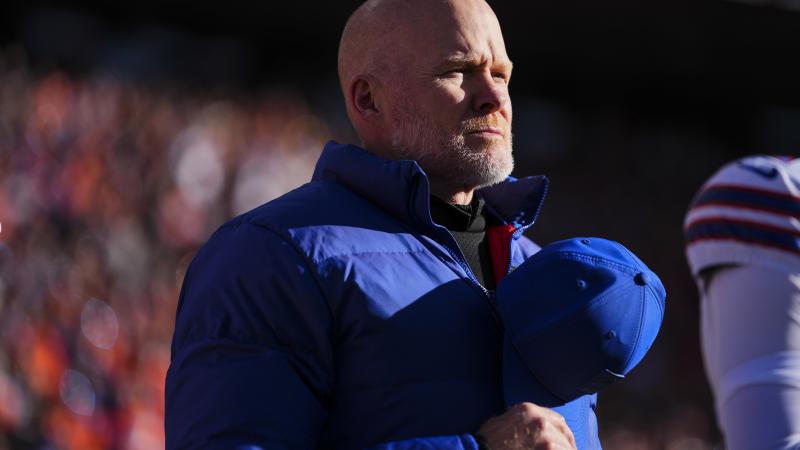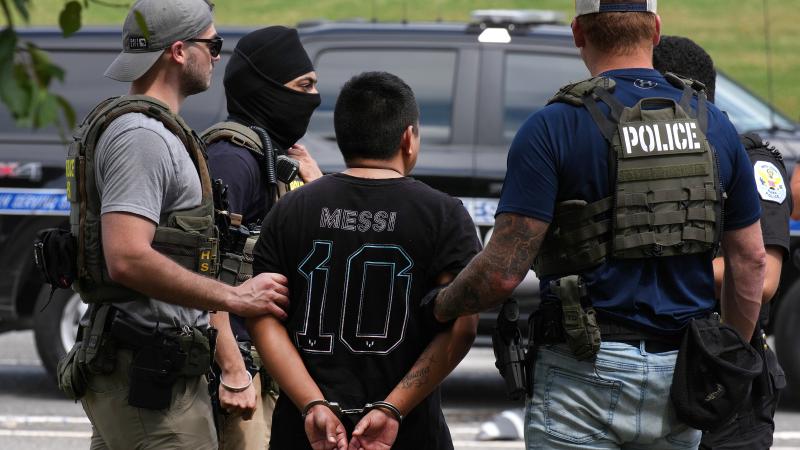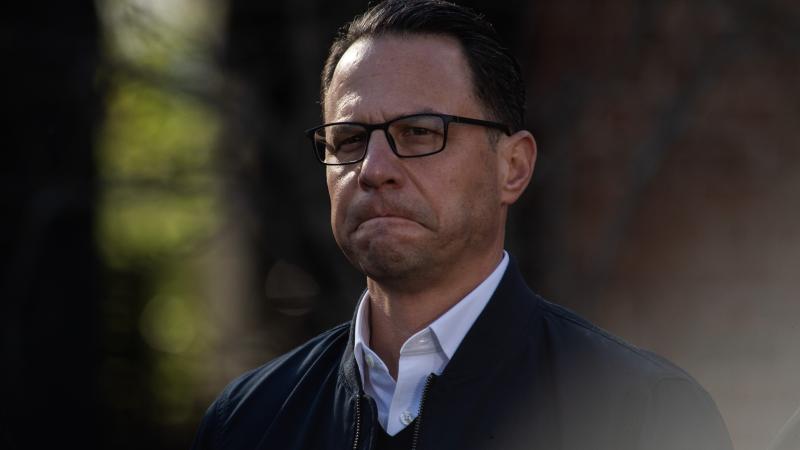Americans captured fighting for Ukraine detail torture in Russian camps: 'Prayed for death'
The men described facing seemingly endless torture after they were captured in Ukraine and taken to Russia in June.
The two recently freed American veterans who were captured while fighting for Ukraine said they were physically and psychologically tortured by their Russian captors.
Alex Drueke and Andy Tai Huynh still had red and purple bruises on their wrists from being bound while they discussed their ordeal in Russian captivity with The Washington Post for an article published Sunday.
Drueke, an Army veteran, and Huynh, a Marine veteran, both said they acted on Ukrainian President Volodymyr Zelensky's call for foreign nationals to fight after seeing images emerging from Ukraine early in the war.
The men described facing seemingly endless torture after they were captured in Ukraine and taken to Russia in June.
"For me personally, it was the absolute worst," Drueke said. "I realized a lot of times throughout that I could die, or that I was close to death, or that I probably was going to die. But that was the only time that I actually prayed for death."
Russians repeatedly asked the men if they were part of the CIA, they said. They would be ordered onto their hands and knees until they went numb and if they moved they were beaten, the men said. They were also forced to stand for hours at night to prevent them from sleeping.
When they were brought to another location, they were kept in cells that were roughly 5 feet long and 2 feet wide and the facility was filled with screams and cries of pain as prisoners were interrogated, Huynh said. Every day, they would receive a loaf of bread and water that looked contaminated.
"They really thought that we had been sent by our government, or had a large amount of government support," Drueke said. "They really wanted to make sure we weren't lying about that — and they had their ways of doing that."
Drueke was placed in solitary confinement for several weeks where about 80 songs ranging from rap to German metal were played nonstop for days.
In another instance, the men were forced to call random U.S. organizations, including the Veterans Crisis Line, a mental health support hotline for former service members.
"They look at me and go, 'You are a veteran. This is a crisis!'" Drueke said, imitating a Russian accent.
Drueke said only one Russian interrogator had near-fluent English.
The men were asked seemingly nonsensical questions, such as being ordered to identify pictures of people they did not know.
The men were exchanged along with more than 200 other Ukrainian soldiers in a prisoner swap with the Kremlin less than two weeks ago.
